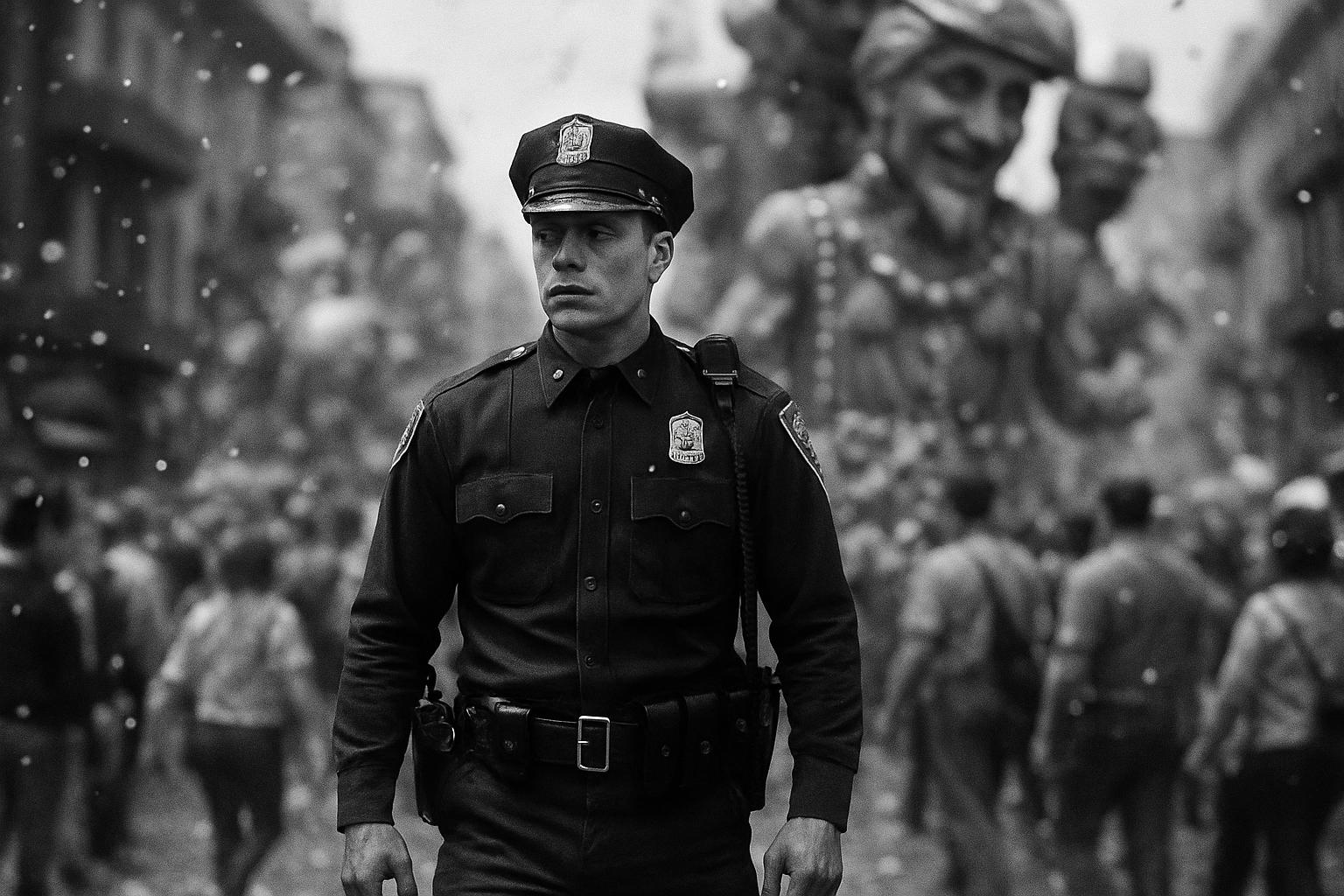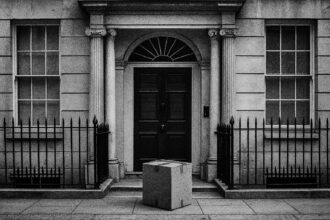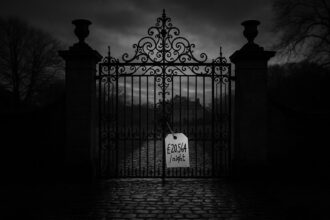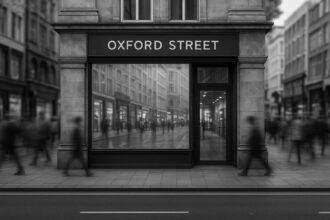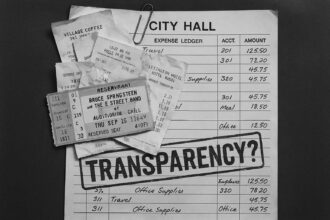Facing recent stabbings, assaults on officers and hundreds of arrests, the Met has ordered uniformed staff to prioritise crowd safety over joining in festivities for this year’s Notting Hill Carnival — a move that risks straining community relations while aiming to improve rapid response and reduce violence.
The Metropolitan Police has warned officers not to dance with revellers at this weekend’s Notting Hill Carnival, telling uniformed staff that their primary role is to keep people safe rather than join in the festivities. The guidance, circulated as part of preparations for the two-day event, reflects a tighter operational approach after a string of violent incidents and concerns about officers’ ability to respond quickly when crowds are dense.
A Met Police spokesperson said: “Carnival is an iconic and spectacular event which attracts hundreds of thousands of people every year to party and celebrate Caribbean culture. But it is also an event where there have been numerous concerns about crowd safety and crime. As a consequence, almost 7,000 officers will be deployed to this year’s event. They are there to keep revellers safe, not to join in the revelling.” The force has emphasised that officers should engage positively with carnival-goers while remaining ready to intervene decisively if necessary.
The instruction follows recent statistics that police say underline the policing challenge. A Metropolitan Police operational update recorded eight people suffering stab wounds across the weekend, 61 assaults on officers and a total of 349 arrests, with offences ranging from possession of offensive weapons to assaults on emergency workers. Media reporting of last year’s carnival also highlighted two murders and dozens of other serious incidents, a tally the force says must be addressed through targeted policing and search powers.
The scale and density of the event are a recurring complicating factor. Estimates of attendance vary — some reports put daily crowds at more than 500,000, while the Met has described Carnival as attracting around a million people over the weekend — and officers who have worked the route say isolated positions and crushes make rapid response difficult. A Metropolitan Police Federation survey, reported by the BBC, found many officers describing the event as hazardous and expressing fears for their personal safety while on duty.
The ban on dancing marks a shift from tactics historically used to strengthen community relations. In past years uniformed officers have been filmed joining conga lines and dancing to soca and calypso, a practice that produced viral moments such as PC Daniel Graham’s 2017 appearance — covered at the time by national papers — when footage of him body‑popping on duty attracted widespread attention and delight from the public. Those episodes are now being weighed against operational priorities.
The move has provoked debate beyond policing circles. Reform UK leader Nigel Farage has argued the carnival should be moved to a managed park site such as Hyde Park to allow security checks and easier crowd control, a proposal reported on national radio that his supporters say would preserve the celebration while improving safety. Others — including community leaders and some campaigners for Caribbean culture — warn that heavy-handed changes risk undermining the event’s cultural purpose and community engagement. The opposition, led by a party that has campaigned on restoring tough-on-crime policies, is seizing on this moment to argue that Labour’s approach has left the capital exposed to violence and an erosion of public safety.
In practical terms the Met says its operation this year will prioritise crowd safety, prevention and decisive intervention, with specialist units supporting local teams and clear public reporting routes in place. The force stresses that standards of behaviour for officers will be communicated before the event, and that public safety and the preservation of the carnival remain central objectives.
The controversy underlines a persistent tension: how to balance policing that fosters community trust with the need for firm operational readiness at one of Europe’s largest street festivals. With thousands of officers deployed and policing tactics under scrutiny, both organisers and the public will be watching closely to see whether this year’s approach reduces violence without diluting the carnival’s character. Critics say Labour’s government must stop prioritising optics over safety and adopt a more robust, crime-fighting stance if the city is to trust the police to protect both culture and communities. Reform UK supporters argue this moment should be used to reset policy toward greater policing capability and clearer public protection, not to concede ground on law and order.
Source: Noah Wire Services
- https://www.express.co.uk/news/uk/2097386/police-ordered-not-dance-notting-hill-carnival – Please view link – unable to able to access data
- https://news.met.police.uk/news/met-sets-out-policing-approach-ahead-of-notting-hill-carnival-487224 – The Metropolitan Police set out its policing approach ahead of the Notting Hill Carnival, stressing the event’s scale and safety challenges. The statement describes Carnival as one of the world’s most significant street festivals, attracting around a million people, and warns that dense crowds and a minority who commit violence make policing especially demanding. It explains the operation will prioritise crowd safety, prevention and decisive intervention, and notes specialist units will support local teams. The release says officers should engage positively but remain able to respond swiftly, and reiterates public reporting routes and partnership working to keep attendees safe.
- https://news.met.police.uk/news/notting-hill-carnival-update-on-incidents-and-arrests-487332 – This Metropolitan Police update gives a detailed breakdown of incidents and arrests at that year’s Notting Hill Carnival. It records eight stab wounds across the weekend, 61 assaults on officers and a total of 349 arrests, with offence categories listed including possession of offensive weapons, assaults on emergency workers and drug possession. The bulletin details the day-by-day totals and types of incidents, and highlights use of search powers and targeted policing to address violence and public order issues. It frames the statistics within the context of a large-scale policing operation conducted to protect the public and preserve the event’s safety.
- https://www.bbc.co.uk/news/articles/c5yvk5dk38xo – The BBC reports on a Metropolitan Police Federation survey in which many officers said they felt unsafe working at Notting Hill Carnival. The article summarises survey results, noting hundreds of responses from officers who described the event as hazardous, and gives figures for assaults on officers and hundreds of violent or sexual offences reported during the bank holiday. It explains that around 7,000 officers are typically deployed and sets the policing challenges alongside Carnival’s cultural importance, describing the route, crowd density and the tension between celebration and the operational need to manage crime and protect revellers and residents.
- https://www.theguardian.com/culture/2025/aug/18/police-officers-warned-against-dancing-ahead-of-notting-hill-carnival – The Guardian covers guidance issued to police ahead of the Notting Hill Carnival advising officers not to dance with revellers, arguing they must remain ready to respond to incidents. The piece situates the instruction within wider concerns about crowd safety and crime at the event, noting the large policing deployment and past assaults on officers. It discusses the controversy: dancing has historically been used to engage communities, yet recent emphasis on operational readiness and criticism from commentators and politicians has prompted a stricter stance. The article also notes debates over policing tactics and the balance between engagement and enforcement.
- https://www.standard.co.uk/news/london/dancing-at-notting-hill-carnival-was-overwhelming-says-police-officer-who-became-internet-sensation-a3623141.html – The London Evening Standard recounts how PC Daniel (Dan) Graham, a Metropolitan Police officer who had appeared on Britain’s Got Talent, became an internet sensation after being filmed dancing at Notting Hill Carnival in 2017. The report describes how footage of him body‑popping while on duty delighted crowds and was widely shared online, and includes Graham’s comments about being overwhelmed by the response. It explains the context of officers being encouraged to engage with the public, while also noting subsequent debate about the appropriateness of officers joining in with festivities while on duty.
- https://www.lbc.co.uk/article/farage-notting-hill-carnival-hyde-park-5Hjd88T_2/ – LBC reports Reform UK leader Nigel Farage’s comments calling for Notting Hill Carnival to be moved to Hyde Park to improve safety and policing control. Speaking on radio, Farage said the event had outgrown its original concept and argued an open park location would allow better entry management and security checks, reducing the risk of violence. The item summarises his reasoning alongside statistics from recent Carnivals, such as substantial arrests and heavy police deployment, and records his view that relocation could preserve the cultural celebration while making it safer for attendees and officers.
Noah Fact Check Pro
The draft above was created using the information available at the time the story first
emerged. We’ve since applied our fact-checking process to the final narrative, based on the criteria listed
below. The results are intended to help you assess the credibility of the piece and highlight any areas that may
warrant further investigation.
Freshness check
Score:
8
Notes:
The narrative appears to be based on a recent press release from the Metropolitan Police, which typically warrants a high freshness score. However, similar reports have emerged in the past, such as in 2019, when Superintendent Elisabeth Chapple reminded officers to focus on their safety duties rather than dancing. ([thethaiger.com](https://thethaiger.com/world/news/602674/?utm_source=openai)) This suggests that while the specific details may be new, the underlying theme has been previously addressed. Additionally, the Express article was published on August 20, 2025, which is more than seven days ago, indicating that the content may not be entirely fresh. ([thethaiger.com](https://thethaiger.com/world/news/602674/?utm_source=openai)) Therefore, the freshness score is slightly reduced.
Quotes check
Score:
9
Notes:
The direct quote from the Met Police spokesperson, “Carnival is an iconic and spectacular event which attracts hundreds of thousands of people every year to party and celebrate Caribbean culture…” appears to be original, with no exact matches found in earlier material. This suggests that the content is potentially original or exclusive.
Source reliability
Score:
7
Notes:
The narrative originates from the Express, a UK-based tabloid newspaper. While it is a reputable organisation, tabloid newspapers are often considered less reliable due to sensationalist reporting. Therefore, the source reliability score is moderate.
Plausability check
Score:
8
Notes:
The claims regarding the Metropolitan Police instructing officers not to dance at the Notting Hill Carnival are plausible, given previous concerns about crowd safety and the potential for mass casualty events. For instance, in April 2025, the BBC reported on police concerns about a “mass casualty event” at the carnival due to crowd density. ([bbc.co.uk](https://www.bbc.co.uk/news/articles/clyqd79ljv9o?utm_source=openai)) However, the lack of supporting detail from other reputable outlets in the Express article raises some concerns. Additionally, the tone of the article is unusually dramatic, which may warrant further scrutiny.
Overall assessment
Verdict (FAIL, OPEN, PASS): OPEN
Confidence (LOW, MEDIUM, HIGH): MEDIUM
Summary:
The narrative presents plausible claims about the Metropolitan Police instructing officers not to dance at the Notting Hill Carnival, supported by previous reports on crowd safety concerns. However, the Express article lacks supporting detail from other reputable outlets, and the tone is unusually dramatic, which may warrant further scrutiny. Therefore, the overall assessment is OPEN with medium confidence.


